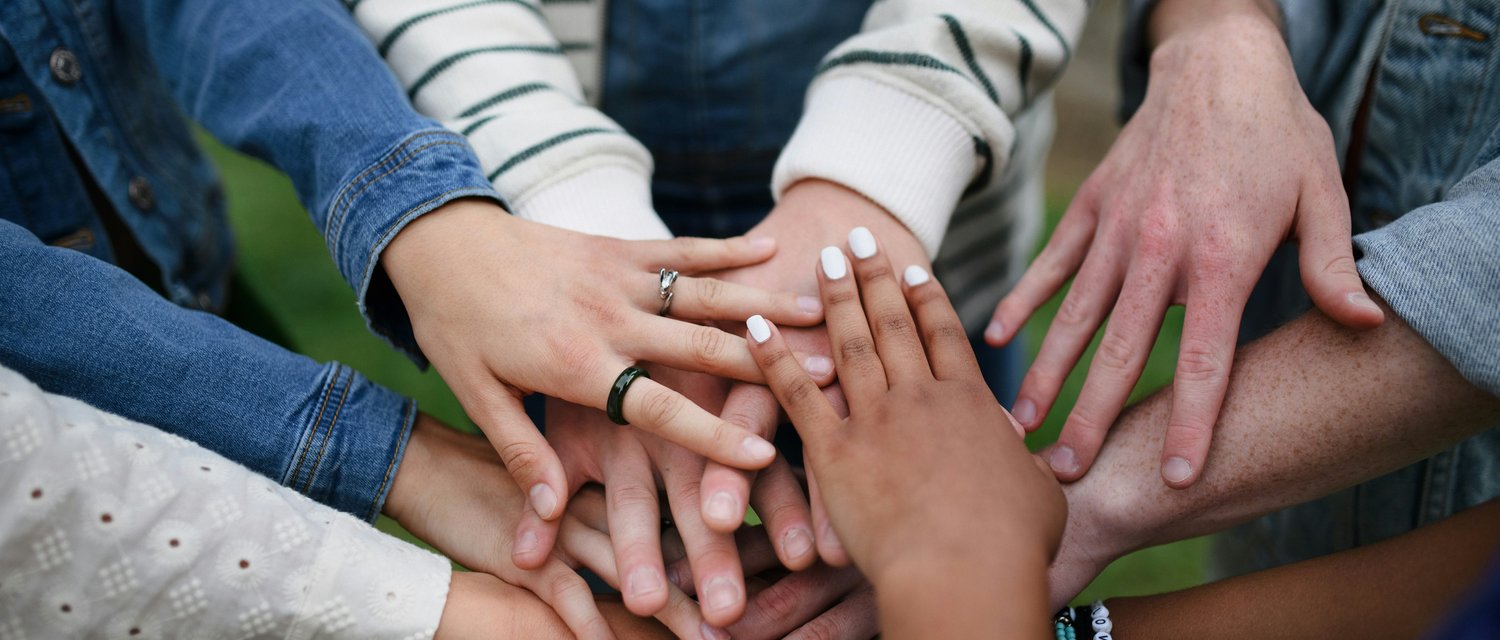
Equality
GENDER4Power
Energy poverty is understood as a multifaceted phenomenon, pushed by the economic aftermath of the pandemic, geopolitical tensions, and extreme weather events. Rising energy prices, inflation, poor building quality, and systemic income inequalities are recognized as key drivers. At EU level, strategic measures such as the Green Deal, the EPBD (Energy Performance of Buildings Directive) and the EED (Energy Efficiency Directive) have already been introduced. However, a holistic strategy that integrates social and gender dimensions and leverages the potential of community‑led initiatives remains necessary.
Three core themes are addressed by GENDER4Power:
- Access
- Affordability
- Energy Efficiency
Action Areas
- Participatory financing & engagement strategies
Models are co‑created with vulnerable groups and designed for scaling at national and EU levels. Policy recommendations and best‑practice guides are produced.
- Energy community analysis
Existing and potential funding approaches are assessed for gender justice and social equity. Success factors and barriers are systematically identified.
- Direct involvement of affected people
Six demonstration sites across Europe enable direct engagement with those experiencing energy poverty, fostering tailored, community‑driven solutions.
- Capacity building for local stakeholders
Energy advisors, social workers, authorities, utilities, and NGOs receive training on decentralized renewables, small‑scale efficiency and behavioral measures, and comprehensive renovations.
- Information & awareness raising measures
Timely, audience‑specific outreach is designed to raise awareness of energy poverty, its gender impacts, and community‑led courses of action.
Austrian pilot site: Schweizer Haus Hadersdorf (SHH), Vienna
Coordination for the pilot is led by B‑NK. SHH is a residential and outpatient therapy center for people with addiction issues, often at risk of energy poverty due to socioeconomic factors. A focal point is the Gesundheitsgreisslerei, an outpatient, women‑led facility.
- Solidarity‑based energy community
Under the Renewable Expansion Act 2021, a solar‑plus‑storage system is co‑designed and implemented with patients and staff.
- Gender‑sensitive capacity measures
Trainings combine energy advice with social support and explicitly address gender‑specific needs.
By creating integrative, community‑focused, and gender‑sensitive solutions, sustainable structures for reducing energy poverty are established—providing a scalable model for Europe as a whole.

Project data
| Client / Funding body | European Commission (LIFE Programme) |
| Project management | Kerstin Schilcher |
| Project team |
Altan Sahin Barbara Alexander-Bittner Nicole Hartl Angela Holzmann |
| Project partners |
WIP Renewable Energies; WIP GmbH & Co Planungs KG, Germany WECF - Women Engage for a Common Future, Germany FOCUS, Slovenia ESF - Engineering Without Borders, Spain ELECTRA, Greece AMIESTAS, Lithuania B-NK - Office for Sustainable Expertise B-NK GmbH, Austria CELB - Comunitat Energètica La Bordeta, Spain |
| Project duration | November 2024 to October 2028 |
Contact person
![[Translate to German:] Mitarbeiterfoto von Kerstin Schilcher, Senior Expert Consumer Behaviour](/fileadmin/_processed_/2/3/csm_kerstin_schilcher_3074a777db.png)
Senior Expert | Consumer Behaviour
Kerstin Schilcher, BA, MA Email addresskerstin.schilcher@energyagency.at![[Translate to German:] Mitarbeiterfoto von Altan Sahin, Junior Expert](/fileadmin/_processed_/f/9/csm_altan-sahin_2_0e25512154.png)